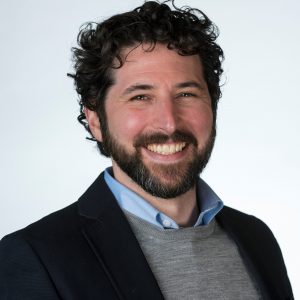Population Research Discovery Seminars

Quantification of Biological Aging for Testing Interventions to Extend Healthy Lifespan
Daniel Belsky, Assistant Professor, Department of Epidemiology, Mailman School of Public Health, Columbia University & Robert N Butler Columbia Aging Center
05/10/2019
12:30-1:30 PM PT
Key to success in meeting the challenges of the aging global population is development of interventions to extend healthy lifespan. Human testing of such interventions is challenging because follow-up from midlife intervention to establish age-at-onset for disease and disability takes decades. Surrogate endpoints for healthy lifespan are needed to accelerate intervention development and evaluation. Advances in understanding the basic biology of aging suggest a novel surrogate endpoint: the rate of biological aging. Biological aging is the gradual and progressive decline in system integrity that occurs with advancing chronological age. It is thought to mediate substantial age-related disease and disability. A growing array of measurement technologies aim to quantify biological aging using blood chemistry and genomic data. This talk will review data from analysis of US, UK, and New Zealand cohorts to test (1) how proposed quantifications of biological aging are related to other indicators of healthy lifespan; (2) if different approaches to quantification of biological aging measure the same underlying construct; and (3) if measured biological aging is modified in a randomized trial of caloric restriction, an intervention known to extend healthy lifespan in animals. Results suggest new directions for population health science and offer evidence for an approach to accelerating development of interventions to extend healthy lifespan.
Daniel Belsky is an Assistant Professor in the Department of Epidemiology at Columbia University Mailman School of Public Health and the Robert N Butler Columbia Aging Center. He was a Jacobs Foundation Research Fellow from 2016-2018. Belsky works at the intersection of genetics, the social and behavioral sciences, and public health. His work brings together discoveries from the cutting edge of genome science and longitudinal data from population-based cohorts to identify mechanisms that cause accelerated health decline in older age. Belksy takes a life-span approach that encompasses research on cohorts of children, young and middle-aged adults, and older adults. His goal is is to understand why socioeconomically disadvantaged populations suffer increased morbidity in older age and earlier mortality, and to devise strategies for intervention to mitigate these health inequalities. Research areas of interest include aging, health disparities and social gradients in health, and genetic/genomic epidemiology – fife course and developmental approaches.